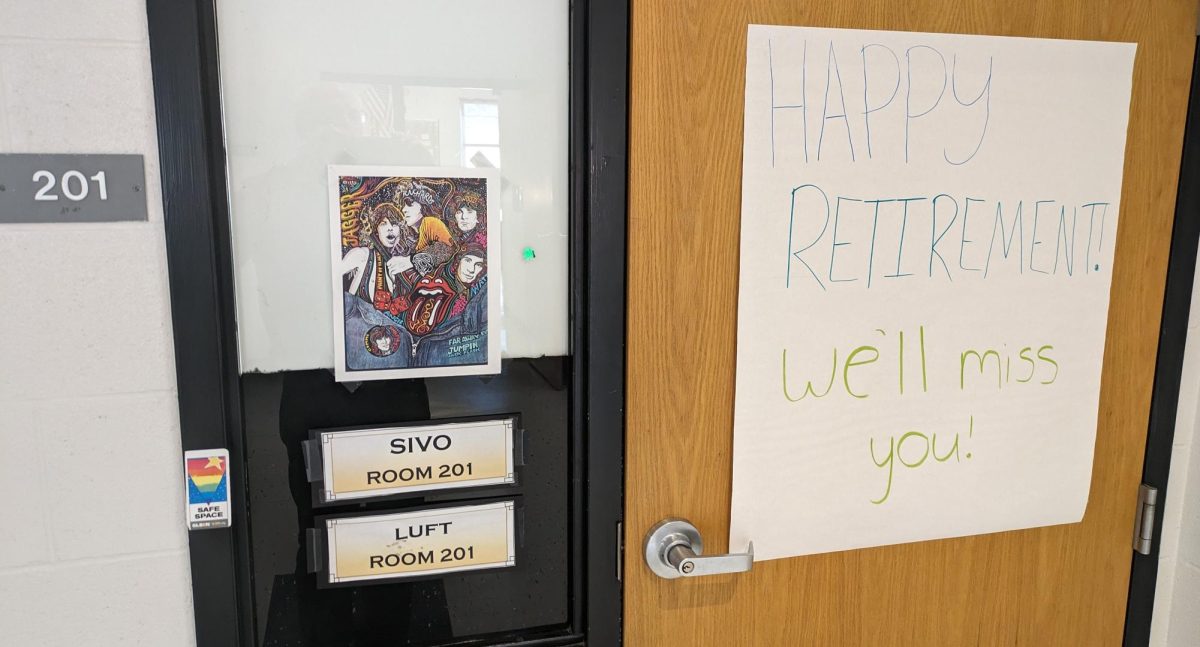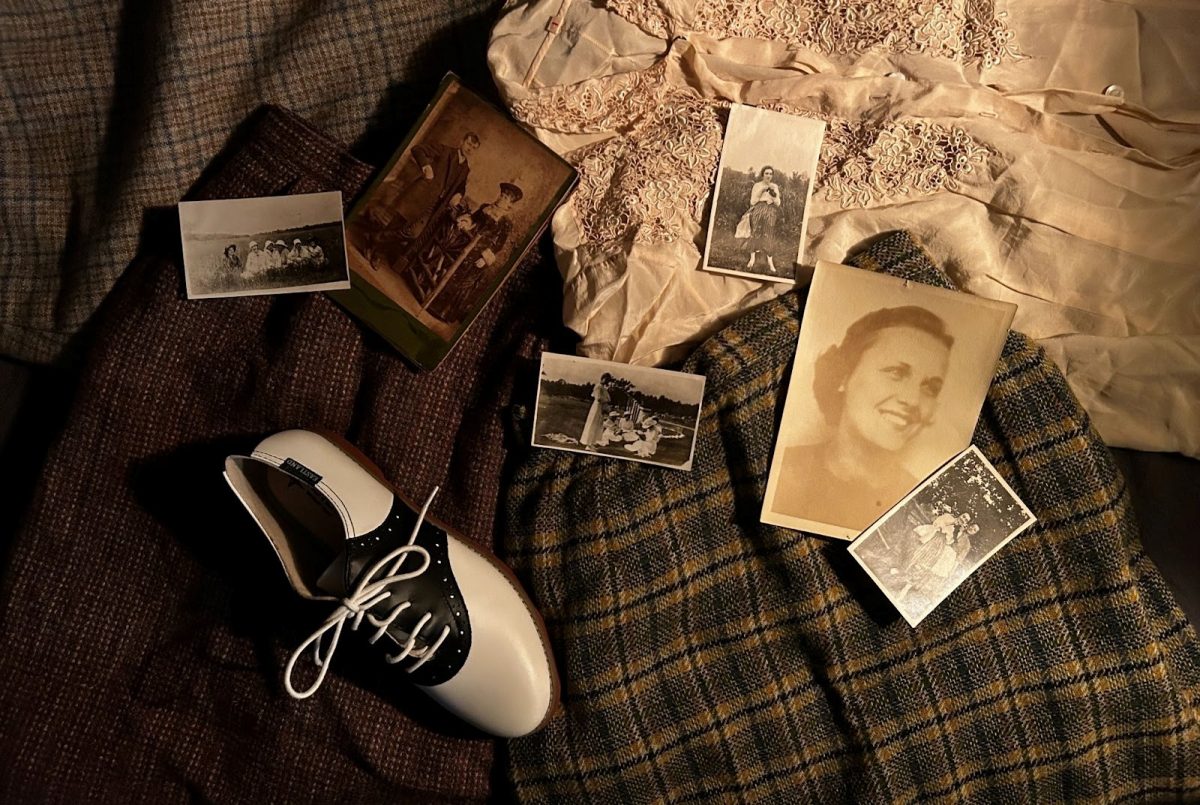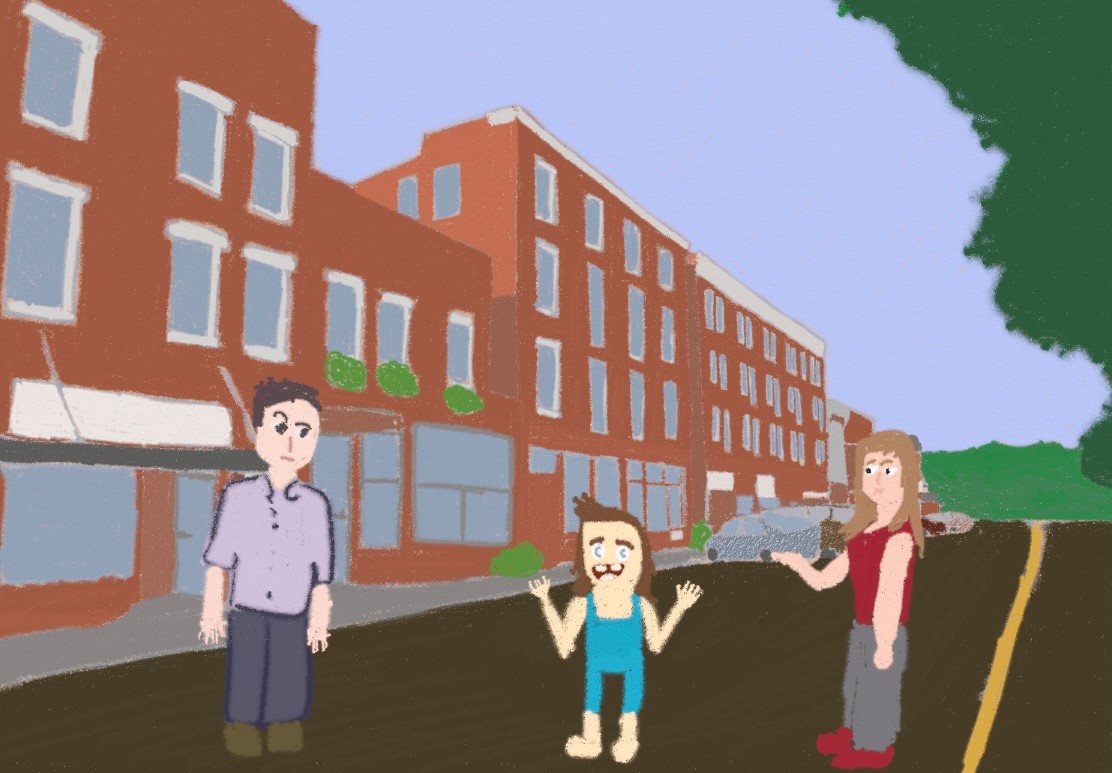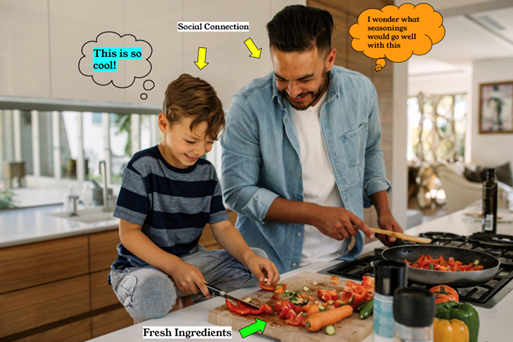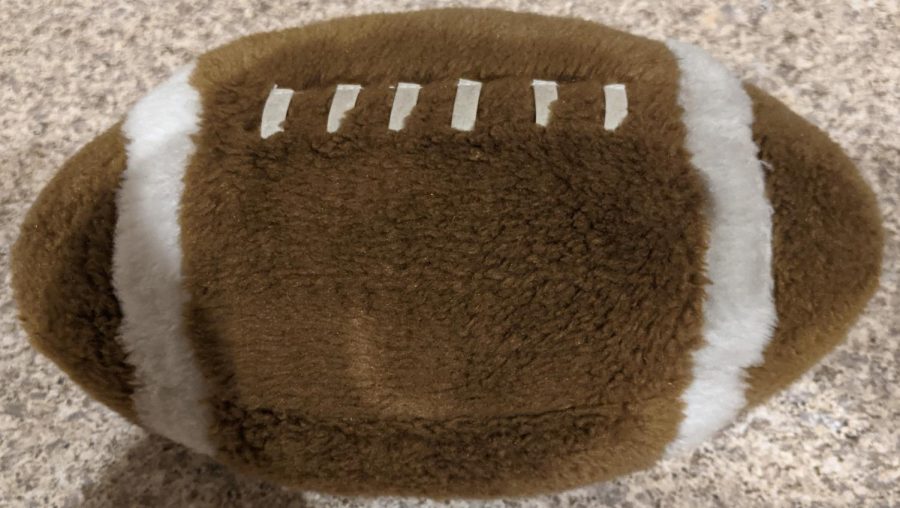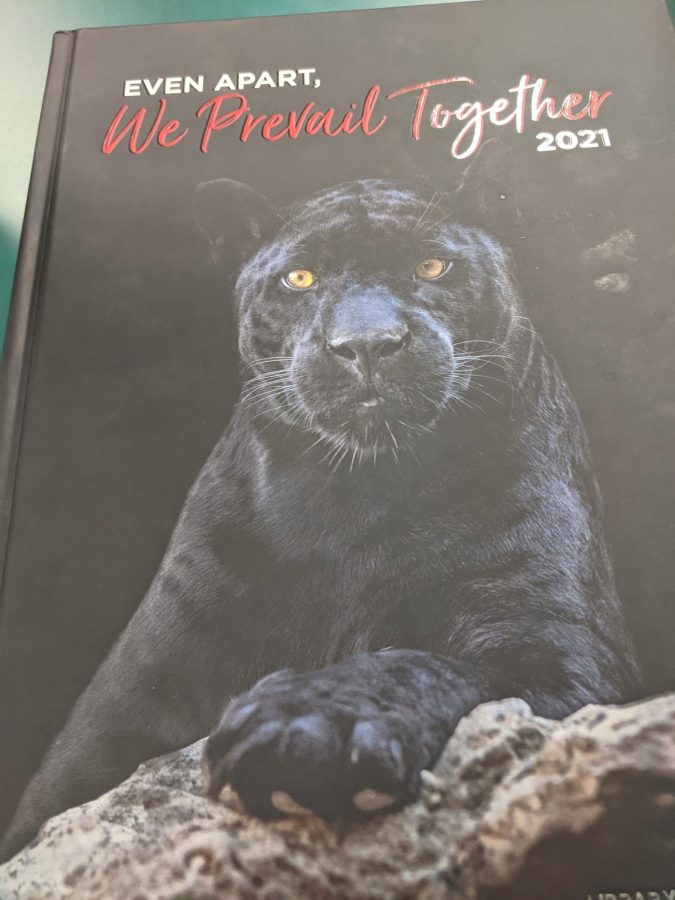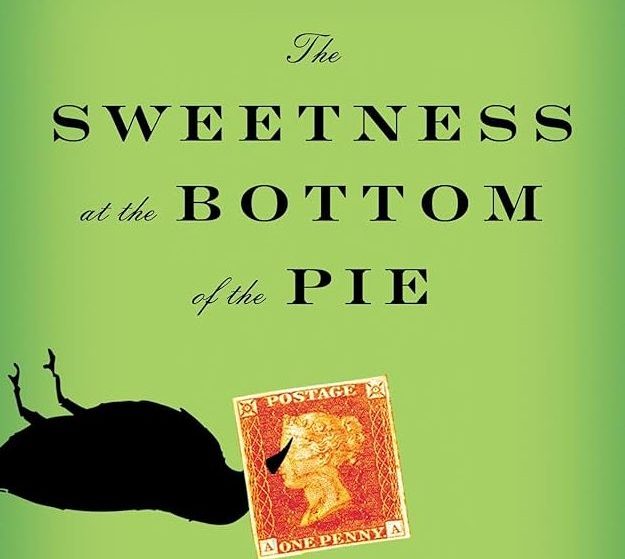When I look at my father in the summertime, I snicker at the glowing red of his previously-pale neck. The harsh summer sun has burnt his German skin into a radiating, likely uncomfortable patch of rough leather. To him I say “wow, you’re literally a redneck” and he’ll reply, in his Baltimore-Maryland accent, something snarky that emphasizes his drawl with hillbilly musicality.
As a child, I thought nothing of this comparison, as my father, a dubiously-Southern man, got those burns from manual labor, just as the real rednecks do. But as I grow older, the more I see that people do not look upon literal red-necks with the same fondness as I. They snicker as I do, but with an impersonal smirk that betrays the edge of superiority they’ve been taught.
Prejudices against the uneducated and poor (and Southern) run deep in New England, that’s undeniably clear (living under 100 miles from Fairfield county, and Yale makes that observation apparent). The most valued achievement culturally is to have a strong education, and any sort of ignorance is scorned, and “Southern traits” mocked. I’m not trying to call myself the end-all, be-all expert here, as I am likely guilty of some of this behavior myself, but I do have a strong familial connection to Appalachia and the South, which has led me to odd positions of having to defend something not of my own.
I remember, sometime in middle school, when the famous country song “Take Me Home, Country Roads” by John Denver became the Meme™ of the month. I remembered that my father would put on that song on the way to our grandfather’s house in West Virginia, and ever since I have strongly associated it with my family and the area. To me, the song was representative of my home away from home. Seeing people laugh and giggle while singing it, with exaggerated Southern drawls felt so disrespectful to me; I couldn’t understand what was so funny about such a beautiful song.
That’s when I began to notice -: just about every piece of media I’ve watched has included a joke at Southerners’ or rural peoples’ expense. Like in the children’s movie Cars, where the tow truck Mater is Lightning McQueen’s best friend but is also super embarrassing because of how uncouth and impolite he is in relation to the customs of the rich and famous. Or in Gravity Falls, where the townspeople of the show’s namesake are all represented as being poorly educated and “behind” in the times, contrasting the main character’s highly educated (and urban) family.
The problem with media like this is it passively influences its (often) young audience into creating unconscious biases against features of Southern culture: Like strong, “twangy” accents, rural settings, and hard manual labor that can leave a person with a literal red-neck. These biases become solidified as we get older, creating social tension between urban and rural, Southern and Northern, and poor and wealthy.
As I see it, this social tension has become the grounds for political polarization in the United States, where often Southern, or even just rural, working-class whites will sense the ridicule of urban liberals, along with their negligence, and turn away from progressive movements. So when you (i.e. the “left”) fail repeatedly to meet the concerns of the working class whites, knowing that they have been the deciding factor of the past three elections, you shouldn’t be surprised when the mud ends up on your face.
But how do we address this? Where did we go wrong?
The exact moment when you decided to take the heavily biased and judgmental media you grew up with and turn it into a belief system.
When you do this, the “rednecks” can tell, and in response, will be just as quick to do the same to you. There are many conservatives today who have an impression of liberals made up solely of culture wars and “wokeness,” the only way to combat those stereotypes is to prove them wrong. If working class whites believe that their fears of going hungry or homeless are being overshadowed by your stereotypes, then it must be asked: Is feeling culturally superior worth the separation of the American people?
Works Cited
Kristof, Nicholas. “Opinion | Democrats Need Working-Class Voters. Maybe Now They’ll Act like It.” The New York Times, 9 Nov. 2024, www.nytimes.com/2024/11/09/opinion/democrats-working-class.html?searchResultPosition=17. Accessed 4 Dec. 2024.
“SUNDAY, September 4, 1994; Redneck Jokes on the Rise.” The New York Times Magazine, 4 Sept. 1994. Gale Literature Resource Center, link.gale.com/apps/doc/A174463781/LitRC?u=22516&sid=bookmark-LitRC&xid=5a43c0ea. Accessed 4 Dec. 2024.
Works Consulted
Brooks, David. “Opinion | the Heyday of Snobbery.” The New York Times, 16 Nov. 2006, www.nytimes.com/2006/11/16/opinion/the-heyday-of-snobbery.html?searchResultPosition=7. Accessed 4 Dec. 2024.
Cramer, Katherine J. “The Great American Fallout: How Small Towns Came to Resent Cities.” The Guardian, 19 June 2017, www.theguardian.com/cities/2017/jun/19/americas-great-fallout-rural-areas-resent-cities-republican-democrat. Accessed 4 Dec. 2024.
Flora, Joseph, and Lucinda MacKethan. “The Redneck Stereotype | Facing History and Ourselves.” Www.facinghistory.org, 14 Mar. 2016, www.facinghistory.org/resource-library/redneck-stereotype. Accessed 4 Dec. 2024.



